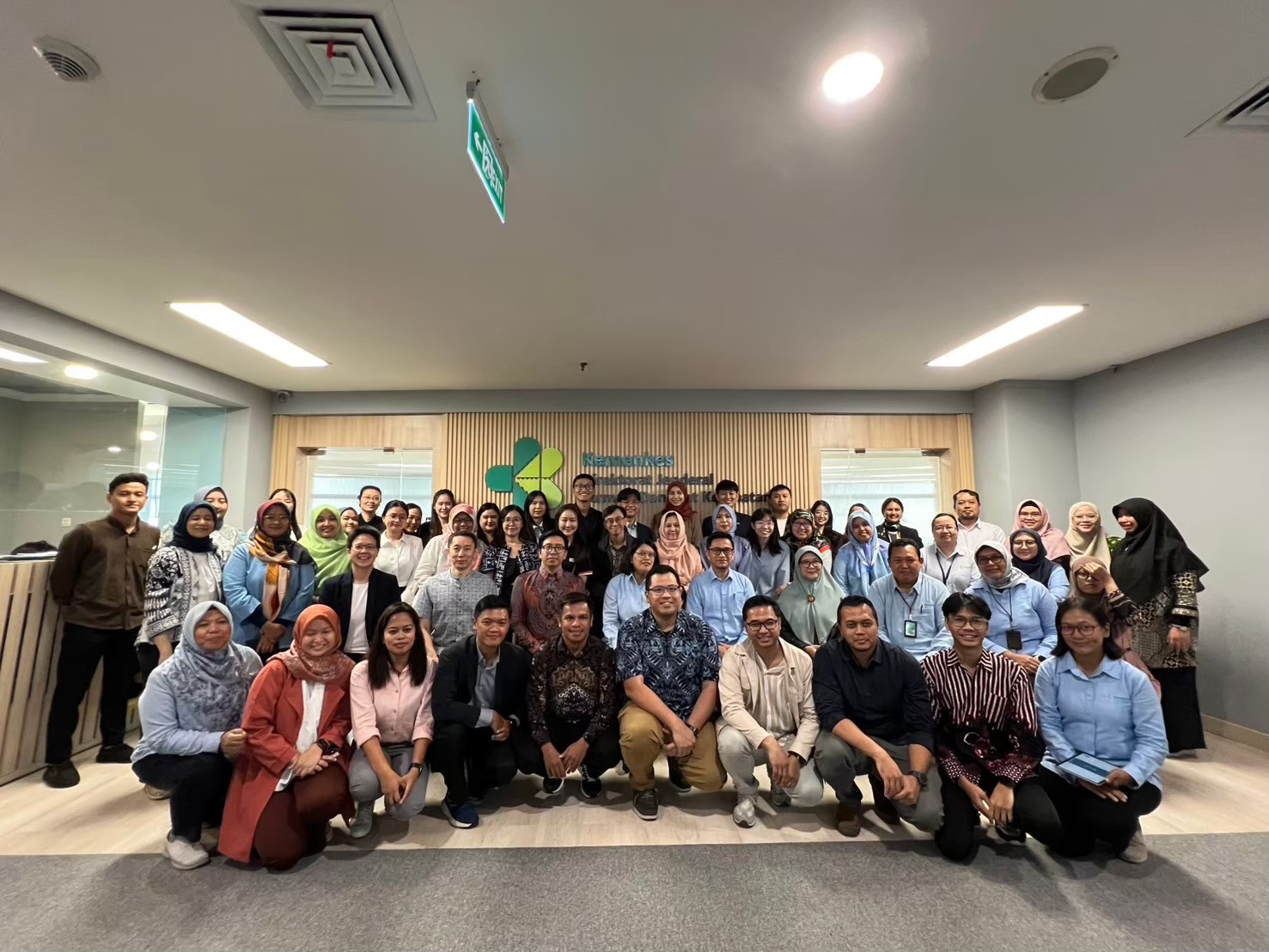Strengthening Health Technology Assessment in Asia: Insights from the 3rd Regional Workshop on Advanced Economic Evaluation Modeling




Countries across Asia are increasingly turning to health technology assessment (HTA) to ensure healthcare decisions are guided by appropriate evidence. However, many still face challenges in institutionalizing HTA, including building technical expertise, applying economic evaluation in decision-making, and negotiating fair prices for medicines and health technologies. Strengthening regional collaboration is essential to addressing these challenges, enabling countries to share best practices and develop coordinated strategies to enhance healthcare access and affordability.
The 3rd Regional Workshop on Health Technology Assessment (HTA) brought researchers from Indonesia, Brunei, Cambodia, Malaysia, and the Philippines to address some of these issues. Hosted by the Ministry of Health, Indonesia, and the Health Intervention and Technology Assessment Program Foundation (HITAP), Thailand, the workshop was held in Jakarta on 24-26 February 2025 under the auspices of the SAPPHIRE and HTAsiaLink network.
With a mix of interactive lectures, practical exercises, case studies, and discussions, the workshop provided a platform for participants to refine their skills, discuss economic evaluation methodologies and approach, as well as translating the evidence to inform national health policies.
Bridging Theory and Practice: Key Sessions
A core component of the workshop was constructing the Markov model in Microsoft Excel, where participants were introduced to the concept of Markov and its application to cost-effectiveness study. The workshop also covered basic statistics, considerations in selecting data input, constructing deterministic and probabilistic analysis, uncertainty analysis, and outcome measures. Through guided exercises, they gained hands-on experience in building and interpreting the model.
“This workshop has provided me with valuable technical skills, as well as insights and practical advice from experts in HTA and health economics. Learning from seasoned professionals has deepened my understanding of how these principles are applied in real-world healthcare settings. The opportunity to network with HTA experts from various countries has been invaluable. Engaging with professionals from different backgrounds has fostered potential collaborations and knowledge exchange, which will greatly support my work at the Institute for Clinical Research” – Liew Ai Ch’i, a participant from Malaysia
Overcoming Challenges and Identifying Future Needs
Common challenges discussed during the workshop included data limitations and the use of HTA in price negotiation. On the third day of the workshop, discussions centered on how HTA is used in price negotiations and reimbursement decisions. Facilitators and participants shared experiences on leveraging HTA studies to negotiate fairer prices for medicines and medical technologies, ensuring both affordability and sustainability in healthcare systems.
While progress is being made, there is still much to be done to fully integrate HTA into decision-making processes. Many participants expressed the need for continued training in advanced HTA methodologies, economic evaluation in clinical trials, evaluating digital technologies, and the use of real-world data. There was also a growing interest in collaboration with experienced research institutions to enhance technical expertise.
A Commitment to Strengthening HTA
The 3rd Regional Workshop on Advanced Economic Evaluation provided professionals with technical skills and bolstered regional networks, thereby advancing HTA in the region. As participants return to their respective institutions, the knowledge gained, and the professional networks built during the workshop will serve as a foundation for future HTA initiatives, ensuring that evidence-based decision-making continues to shape healthcare policies.
Moving forward, continued investment in capacity-building, regional partnerships, and new methodologies to address emerging technologies will be essential to strengthening HTA’s impact on healthcare policy and decision-making. Building on this momentum, future regional HTA workshops will provide continued opportunities for learning, experience-sharing, and collaboration.
For countries and institutions interested in participating in upcoming HTA workshops or exploring potential partnerships, HITAP welcomes collaboration and encourages stakeholders to get in touch to strengthen HTA efforts across the region.
The full report of the workshop can be accessed here: https://www.hitap.net/en/documents/192440
Acknowledgment
The report has been reviewed by Saudamini Dabak from HITAP, Lusiana Siti Masytoh, and Miftahusaadah from the Center for Health Resources Systems Policy, Ministry of Health, Indonesia.
The workshop received support from the World Bank, the Gates Foundation, the Australian Government Department of Foreign Affairs and Trade, the Ministry of Public Health Thailand, the Ministry of Higher Education, Science, Research, and Innovation Thailand, the Office of National Higher Education Science Research and Innovation Policy Council (NXPO) Thailand, the Program Management Unit for Human Resources & Institutional Development, Research and Innovation (PMU-B) Thailand, and the Thailand Science, Research and Innovation (TSRI).